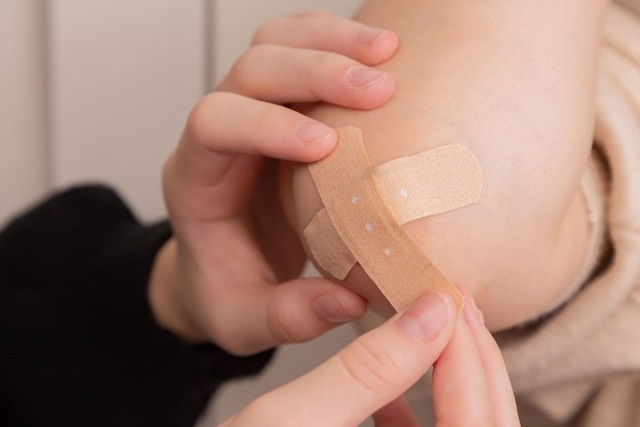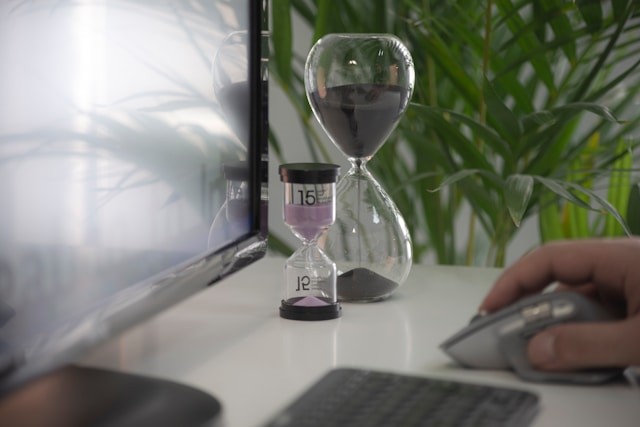Tips to Recover at Home After an Injury

It’s common to be overwhelmed when recovering from surgery or an injury. Aside from the physical aspect, the emotional component can really take a toll on you! Everything from understanding all of your home healthcare supplies around the house, to the thought of your recovery time frame, can rapidly increase stress.
When it comes to recovery, mindset is everything. I’ve found some great tips on how to mentally approach recovery!
Stay Positive!
First, identify the positives. The discipline involved in maintaining a proper recovery regimen improves your mental toughness.
There is a positive in every situation! Maybe you don’t see it now, but with time you will find out that whatever your situation is, everything is teaching you new lessons for the rest of your life.
Use the down time you have wisely; you now have the time to learn things about yourself that you haven’t picked up on in the past! (Add this to your list of positives!)
In addition to just learning about yourself, educate yourself on new topics!
Personal growth is something you will have far beyond the end of your rehabilitation! (Another positive!). After all, you never stop growing as a person. Every day is an opportunity to appreciate life and the lesson it brings you.
Education can also directly apply to your rehabilitation: Become an expert in your therapy and condition. It’s also important to know the ins and outs to all of your home healthcare supplies. The more you know, the better prepared you are during this process.
Find support: Reach out to local and virtual support groups. You’re never alone! People in similar situations can serve as invaluable resources! Easier Living acts as a resource and support system for many conditions. There is always support groups in the community, and your health care provider can give information about them and how to join.
Be visual: If you see it, you’ll believe it! Create a positivity board with motivational photos, quotes, etc. that you can look to for inspiration. And most importantly, set multiple goals. Although your ultimate goal is complete recovery, set smaller goals. When you hit these mini-milestones, you’re one step closer to your goal. It gives you something short–term to strive towards.
Although staying positive in your recovery is a constant challenge, it’s crucial to your success. Your emotional well-being is equally as important as the proper home healthcare supplies and actual physical rehabilitation regime. Use these suggestions to make your road to recovery the smoothest one possible!
Stay Organized
While physical therapy at home can be extremely convenient, the thought of losing direct contact with your physical therapist can be nerve-racking for some patients.
Whether your entire rehab is taking place at home, or you are transitioning from in-office visits, stress is the last thing you need! After you have received your required exercises and home healthcare supplies, organization and documentation are essential to making the most out of your at-home rehabilitation.
Organize your rehab space! Knowing where everything is and how everything works is half the battle! If you have specific home healthcare supplies for your rehab, test them out before you are required to begin.
It’s important to make sure you understand each and every product and it’s equally as important to check that they are all fully functional for your physical therapy needs.
Document your progress! Just as your physical therapist would keep a chart in their office, it’s equally as important to keep track of your at-home physical therapy.
Many patients find tracking their exercises and taking personal notes helpful for follow up appointments with their therapist. It’s also important to document what home healthcare supplies you find both beneficial and ones you may not have needed to use as much.
Whether you are battling a chronic illness or recovering from an injury, physical therapy is a key component to the quality of your life. Make the most of you at home rehabilitation efforts; first, by understanding your required exercises and home healthcare supplies and then taking matters into your own hands with organization and documentation!





